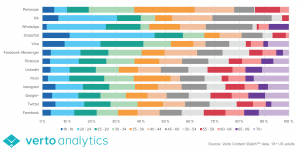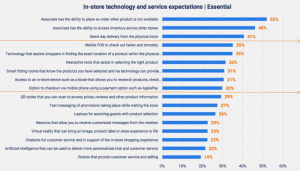This is the latest in a number of lawsuits that have accused OpenAI of taking content without permission to train ChatGPT.
Last week, The New York Times announced a lawsuit against OpenAI and Microsoft alleging large-scale copyright infringement. They are accused of using millions of articles, without permission, to train ChatGPT to provide information to readers. The complaint accuses OpenAI and Microsoft of taking a “free-ride on the Times’s massive investment in its journalism” to create content that readers unwittingly use as a substitute for the Times’ original articles.
Why we care. Marketers face the prospect of needing to invest in generative AI to improve workflows, especially the content-creation workflows heavily reliant on large language models like ChatGPT. At the same time, it needs to be borne in mind that there is a realistic prospect that litigation (this is only one of a number of copyright infringement lawsuits) or regulation might at some point curb what the large language models can do.
Even marketers using proprietary tools like HubSpot’s ChatSpot are likely to be affected if plaintiffs prevail. While ChatSpot is trained by HubSpot to help perform tasks within the platform, its genAI component is powered by ChatGPT.
Of course, it will take the courts a long time to resolve the issues being raised.
The defense. OpenAI and Microsoft will argue that ChatGPT so transforms the content on which it is trained that appropriating the content constitutes “fair use.” The complaint by the Times, however, gives examples of near-verbatim reproductions of its content by ChatGPT.
The lawsuit comes after lengthy discussions between OpenAI and the Times. “We respect the rights of content creators and owners. Our ongoing conversations with the New York Times have been productive and moving forward constructively, so we are surprised and disappointed with this development,” said OpenAI in an email.
(12)




